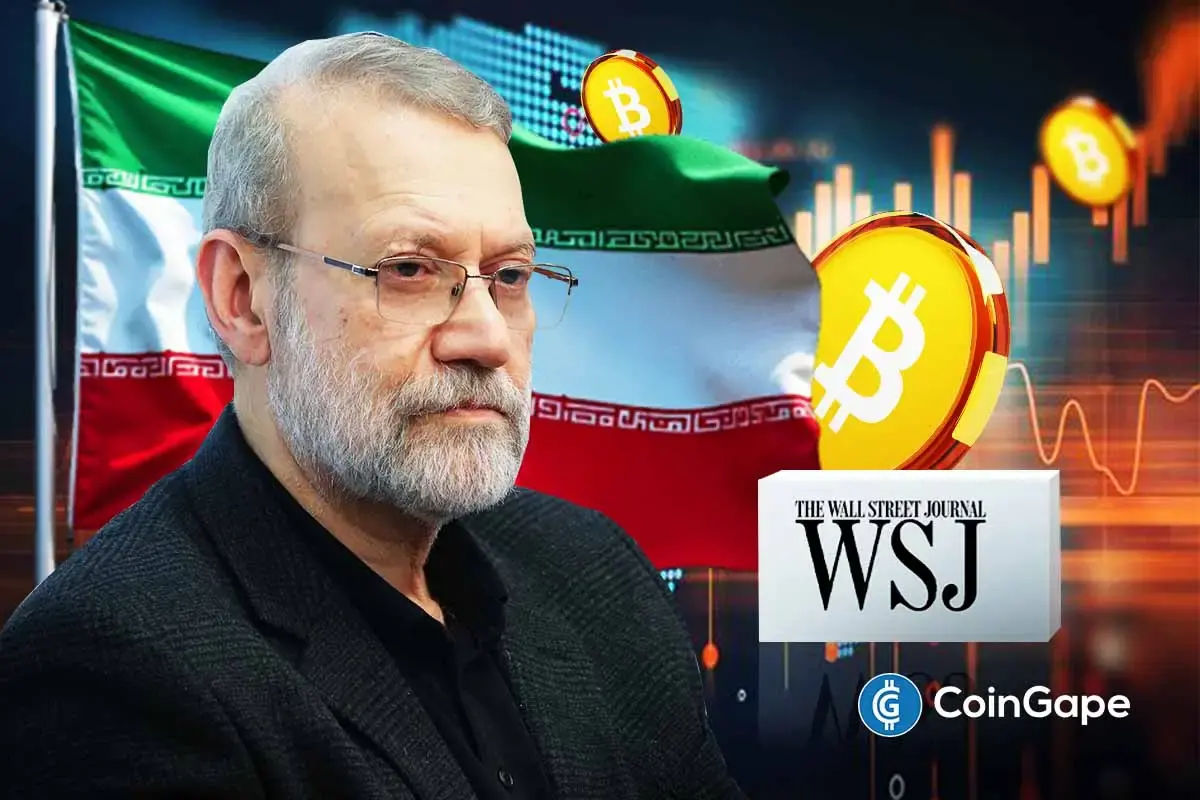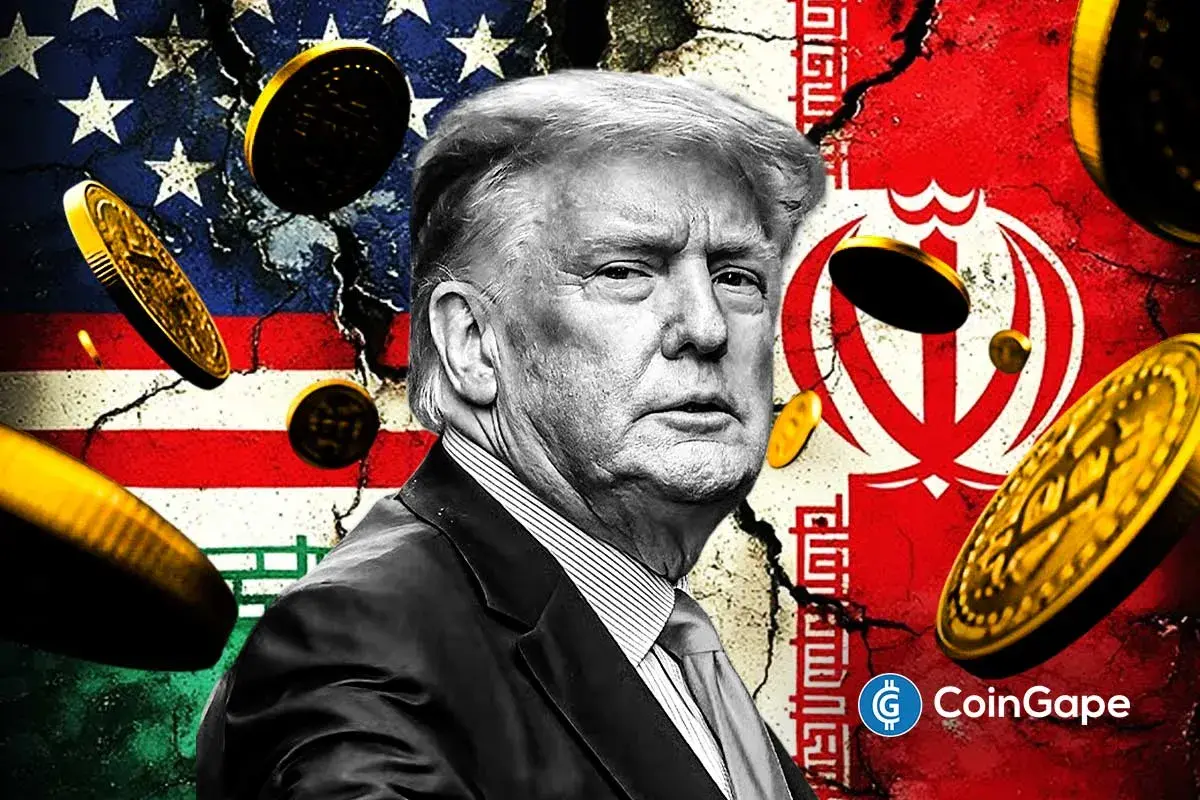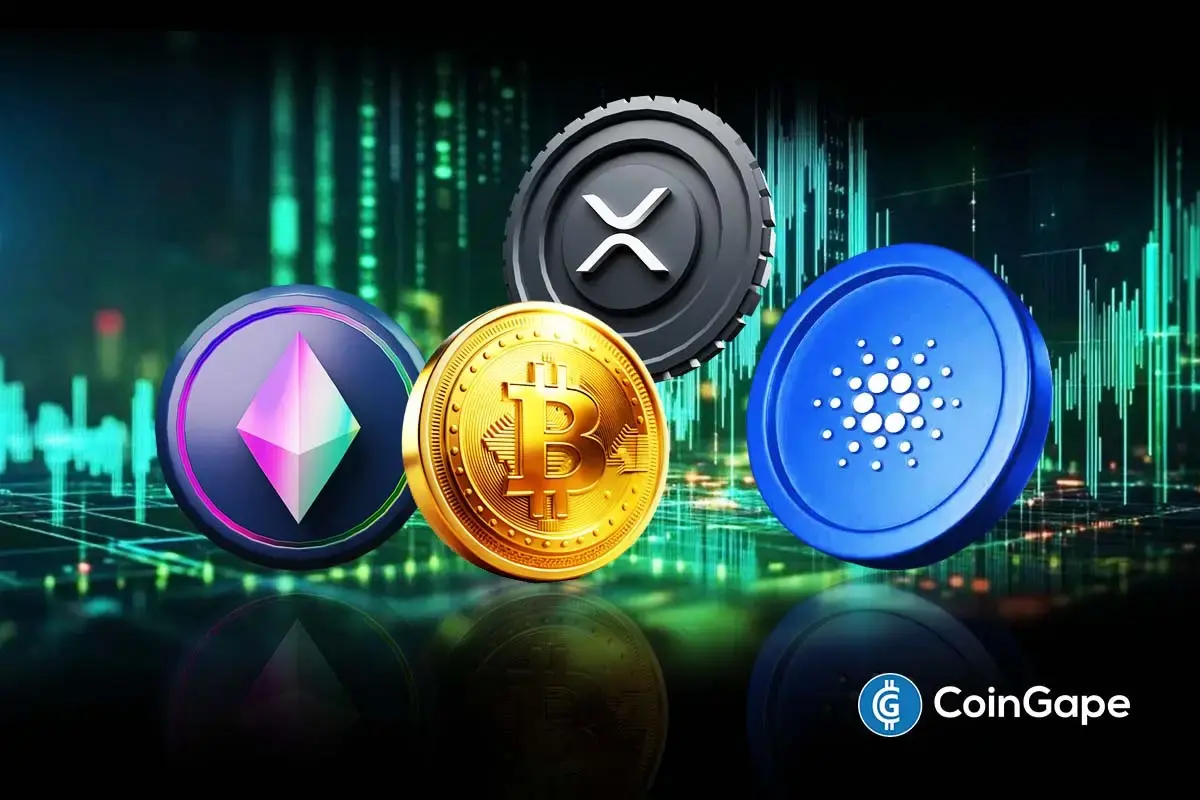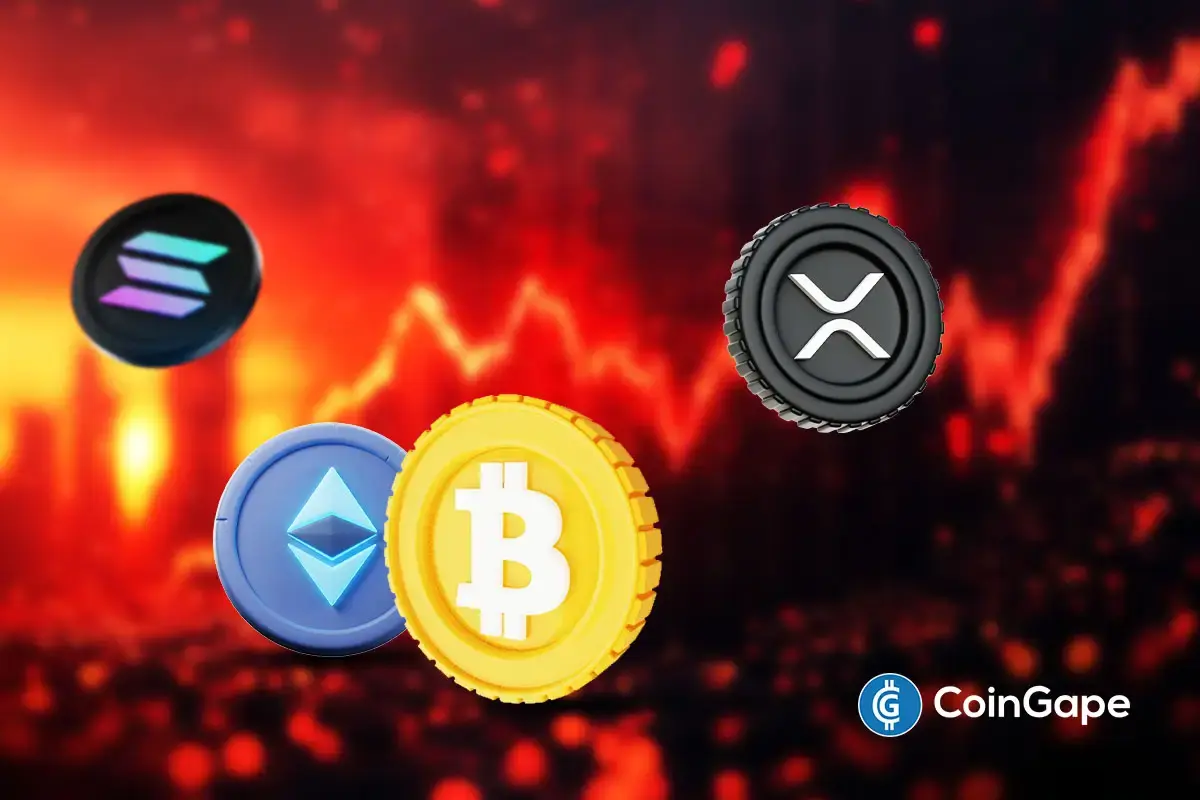Binance Responds to Nigerian Ban Amidst Rising Crypto Adoption

Highlights
- Binance has addressed tensions with Nigerian authorities through a blog post, emphasizing its commitment to regulatory compliance in the country.
- The crypto exchange detailed its collaboration with the Economic and Financial Crimes Commission in Abuja and Lagos.
- Binance held two full-day training sessions for over 30 investigators, receiving positive feedback and a strong interest in continued cooperation.
In response to escalating tensions with Nigerian authorities, Binance has just recently come up with its response to clarify their former collaborations and the current stance of the best practices adherence to the regulatory of governments in the country. The unveiling of this news will be against a backdrop of records that the Nigerian government filed against cryptocurrency exchange, regarding the claim that the latter was involved in currency manipulation thus, causing economic instability. This crisis arose from the platform used in crypto exchange transaction which the country is popular for fast-growing digital currency market.
Binance’s Commitment to Compliance in Nigeria
The Binance crypto exchange announced its strategic steps in knowledge transfer and building connections with the agencies. Particularly, it focused its efforts on the Economic and Financial Crimes Commission (EFCC) in Abuja and Lagos, with the first visit to the property holdings in Abuja during August 2023.
This was made real through the two full-day training sessions involving more than 30 investigators who were imparted with the knowledge and dealing with blockchain’s financial activities. The workshops delivered a reasonable mix of proprietary and public tools, along with cases Nigeria can connect to. Feedback from these activities was indeed overwhelmingly positive, as the audience was expressing strong hope for further involvement.
Besides these, still Binance is actively giving respond as per information requests from Nigeria law enforcement, namely, the Nigeria Police Force, the Economic and Financial Crime Commission, and INTERPOL Nigeria. June 2020-February 2024 corresponded with 626 claims processed by the exchange, with an average response time of 37.4 hours. This level of cooperation is a vivid illustration of the exchange staking claim in the country that it is a compliance-friendly platform, working within the avenues established by the Nigerian regulators.
Economic Impacts and Regulatory Issues
The heart of the accusations of the government of the Nigeria is the claim that the exchange continued operations that resulted in the instability of the economy. The Central Bank of Nigeria (CBN) has voiced its concerns about crypto trading volumes which could be potentially suspicious as its data shows that Binance Nigeria allegedly passed tons of untraceable money worth $26 billion in 2023 alone. Leading to a paradigm shift, these worries have been the key, eventually causing the closures of the duo Binance executives and the delisting of the Nigerian Naira as its trading pair.
Nigeria’s position as a leading player in the global crypto economy cannot be understated. Ranking second in worldwide crypto adoption as of 2023, the country has witnessed the rapid embrace of digital currencies among its population.
However, the economic landscape has faced challenges, notably with the naira’s value dropping significantly in June 2023 following policy shifts by President Bola Tinubu. This economic turbulence has contributed to the heightened scrutiny of crypto exchanges like Binance, as authorities navigate the complex interplay between financial innovation and economic stability.
Read Also: Stablecoin Regulation: EU Drafts Complaints Rules Under MiCA
Play 10,000+ Casino Games at BC Game with Ease
- Instant Deposits And Withdrawals
- Crypto Casino And Sports Betting
- Exclusive Bonuses And Rewards

- BREAKING: Iran Refutes WSJ’s Claims on Push to Resume Nuclear Talks with US, Bitcoin Slips
- Crypto Market Crash Deepens as Trump Confirms More Airstrikes to Hit Iran
- US CLARITY Act Likely to Pass by Mid-Year, JPMorgan Signals Major Crypto Shift
- Crypto Market Update: Top 3 Reasons Why BTC, ETH, XRP and ADA is Up
- Crypto News: Bitcoin Sell-Off Fears Rise as War Threatens Iran’s BTC Mining Operations
- Bitcoin And XRP Price As US Kills Iran Supreme Leader- Is A Crypto Crash Ahead?
- Gold Price Prediction 2026: Analysts Expect Gold to Reach $6,300 This Year
- Circle (CRCL) Stock Price Prediction as Today is the CLARITY Act Deadline
- Analysts Predict Where XRP Price Could Close This Week – March 2026
- Top Analyst Predicts Pi Network Price Bottom, Flags Key Catalysts
- Will Ethereum Price Hold $1,900 Level After Five Weeks of $563M ETF Selling?

 Buy $GGs
Buy $GGs

















